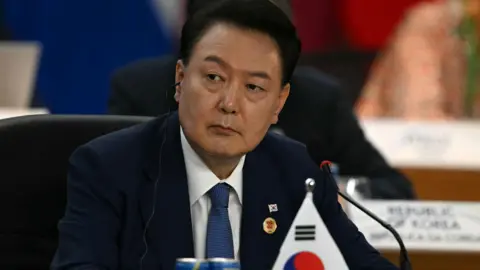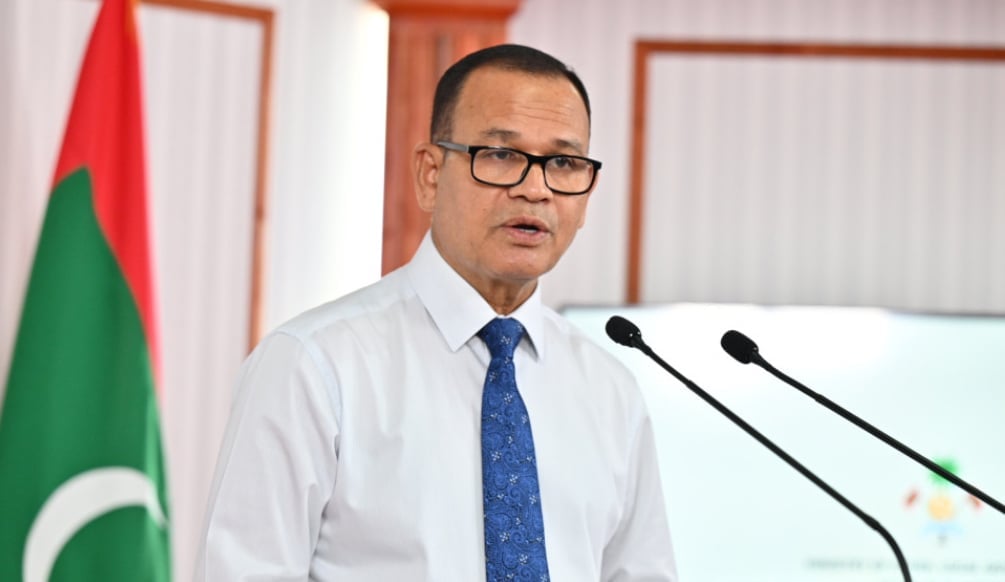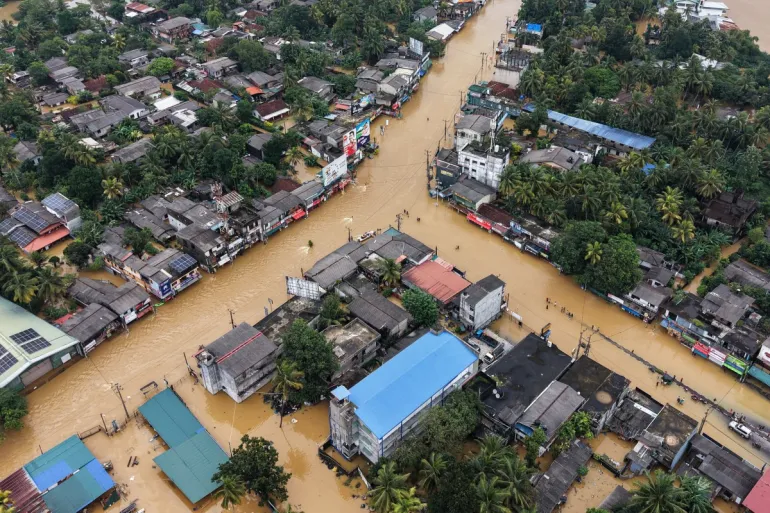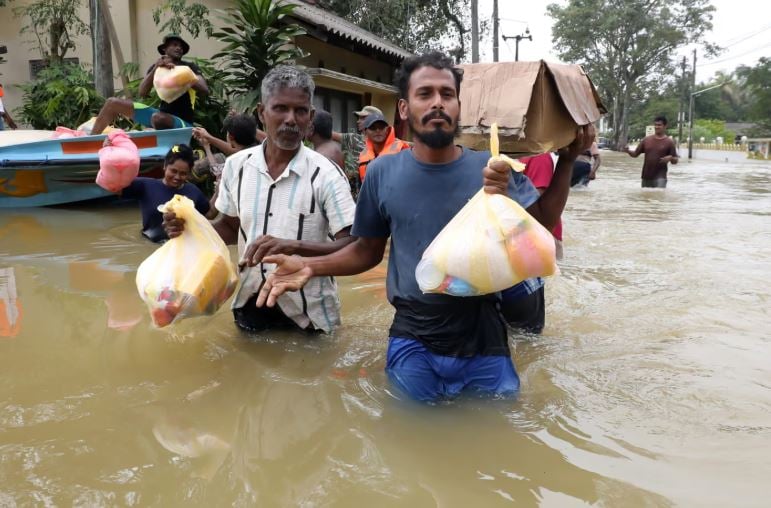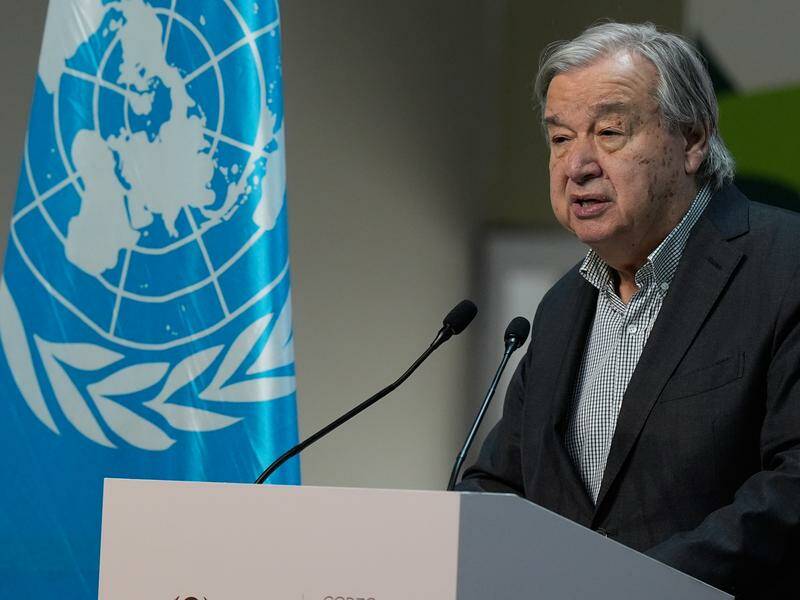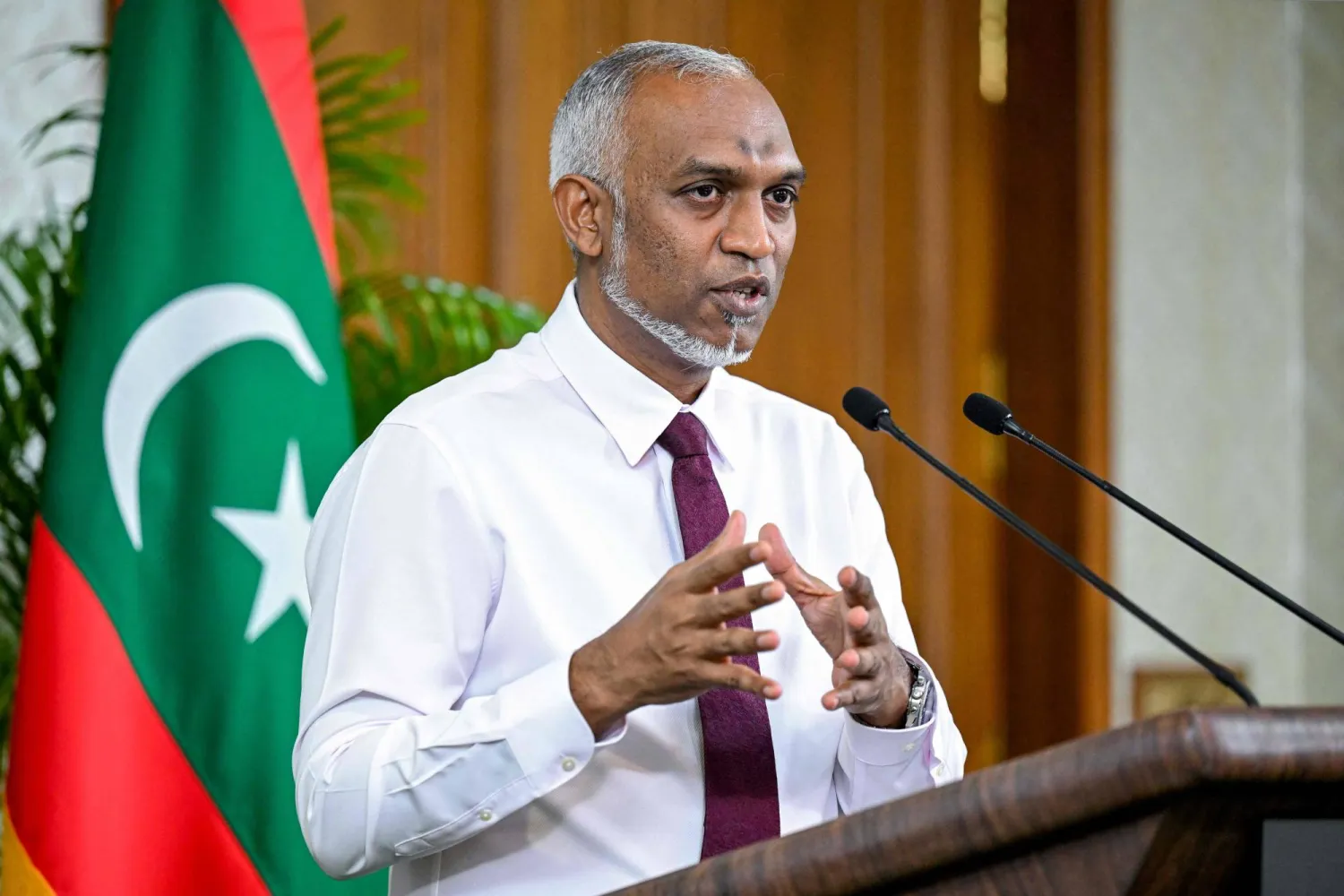South Korean President Yoon Suk Yeol is set to face a second impeachment vote on Saturday, following his controversial and short-lived attempt to impose martial law earlier this month. The December 3 decree, rescinded within six hours after parliamentary opposition, has thrown the nation into a constitutional crisis, prompting widespread protests and calls for Yoon’s resignation.
Opposition parties, holding a majority in the 300-member parliament, plan to vote on the impeachment motion at 4 p.m. local time. To meet the two-thirds majority required, they need support from at least eight lawmakers from Yoon’s conservative People Power Party (PPP). While PPP leader Han Dong-hoon has urged members to back the motion, the party remains divided. At least seven PPP lawmakers have publicly declared their intention to vote for impeachment.
The martial law decree, aimed at addressing political unrest, has drawn criticism for being unconstitutional. Yoon is also under criminal investigation for alleged insurrection linked to the declaration, and authorities have barred him from leaving the country. In a speech on Thursday, Yoon defended his actions as necessary to protect democracy and vowed to “fight to the end.” However, public sentiment remains largely against him, with polls showing a majority of South Koreans supporting impeachment.
If the impeachment proceeds, Yoon will lose his executive powers temporarily, with Prime Minister Han Duck-soo stepping in as acting president. The Constitutional Court would then decide whether to permanently remove Yoon or reinstate him. In the event of his removal, South Korea would hold a presidential election within 60 days.
The political crisis has raised concerns about South Korea’s democratic stability and international reputation. While Yoon has been commended abroad for his pro-democracy rhetoric, his presidency has faced growing criticism at home over press restrictions and tensions with opposition lawmakers. With financial markets already reacting to the uncertainty, the impeachment vote is expected to mark a turning point in South Korea’s political landscape.
Opposition parties, holding a majority in the 300-member parliament, plan to vote on the impeachment motion at 4 p.m. local time. To meet the two-thirds majority required, they need support from at least eight lawmakers from Yoon’s conservative People Power Party (PPP). While PPP leader Han Dong-hoon has urged members to back the motion, the party remains divided. At least seven PPP lawmakers have publicly declared their intention to vote for impeachment.
The martial law decree, aimed at addressing political unrest, has drawn criticism for being unconstitutional. Yoon is also under criminal investigation for alleged insurrection linked to the declaration, and authorities have barred him from leaving the country. In a speech on Thursday, Yoon defended his actions as necessary to protect democracy and vowed to “fight to the end.” However, public sentiment remains largely against him, with polls showing a majority of South Koreans supporting impeachment.
If the impeachment proceeds, Yoon will lose his executive powers temporarily, with Prime Minister Han Duck-soo stepping in as acting president. The Constitutional Court would then decide whether to permanently remove Yoon or reinstate him. In the event of his removal, South Korea would hold a presidential election within 60 days.
The political crisis has raised concerns about South Korea’s democratic stability and international reputation. While Yoon has been commended abroad for his pro-democracy rhetoric, his presidency has faced growing criticism at home over press restrictions and tensions with opposition lawmakers. With financial markets already reacting to the uncertainty, the impeachment vote is expected to mark a turning point in South Korea’s political landscape.





